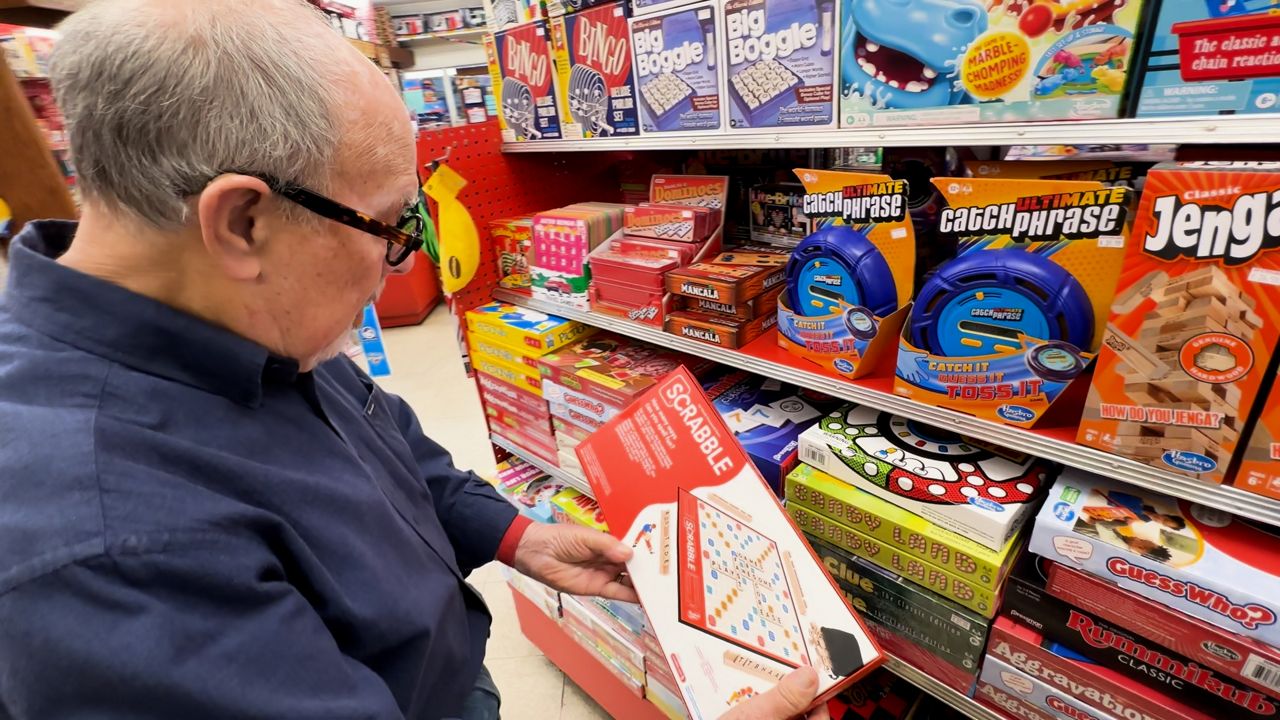LOS ANGELES — On any given day in Los Angeles, tens of thousands of people are sleeping on sidewalks, in tents and in their cars. But the crisis of unsheltered homelessness isn’t just surface deep.
It’s also playing out underground, along Metro’s 109 miles of track.
That’s where Julian Turner III, an outreach worker with Metro’s HOME team, spends most of his time. Turner’s job is to reach out to Metro passengers experiencing homelessness and connect them with services and ultimately housing.
Metro’s HOME team is staffed 24/7 and works in conjunction with PATH, a nonprofit homeless services provider. They’re part of the agency’s multi-layered approach to public safety, which includes 200 transit officers and 300 safety ambassadors.
According to Metro’s latest data, ridership is up, and violent crime is down. But the transportation agency remains focused on addressing homelessness and mental health incidents on their system as well.
Turner says he is committed to working with the HOME team because he remembers what it was like having nowhere to go.
“I was homeless for nine years, so I never forgot," he said.
Turner says he knows where to look around the system, to find people who might need help. As he walked through the Civic Center station in Downtown Los Angeles, Turner pointed to the empty space underneath an escalator.
“Right here it’s hot,” he said. “You’ll find a lot of people sleeping there to stay warm.”
But there’s one hurdle that Turner says he can’t get past: when passengers show signs of severe mental health challenges.
Craig Joyce, who leads Metro’s homeless outreach initiatives, says there’s an effort underway to help outreach workers like Turner bridge that gap, by partnering with LA County’s Department of Mental Health.
“We first and foremost need to partner with DMH to bring their current resources onto our system to help connect our outreach folks to those services, so there could be this wraparound approach to people who have mental health crises,” said Joyce.
He says the partnership could help speed up the progress the agency says they’re already seeing.
“In our first two quarters, we actually connected 805 individuals to housing resources. Our goal this year was to connect 966 people to services, and so we are far ahead of our goal for the year,” Joyce said.
He also says the partnership would give outreach workers like Turner more tools to get people off the trains and into permanent housing.
“Some people it might take a week, some people it might take a year," said Turner. "That's the beauty of the work we do — being able to work with them, from the beginning to the end. That’s my pleasure, it’s seeing at the end when they move in."











